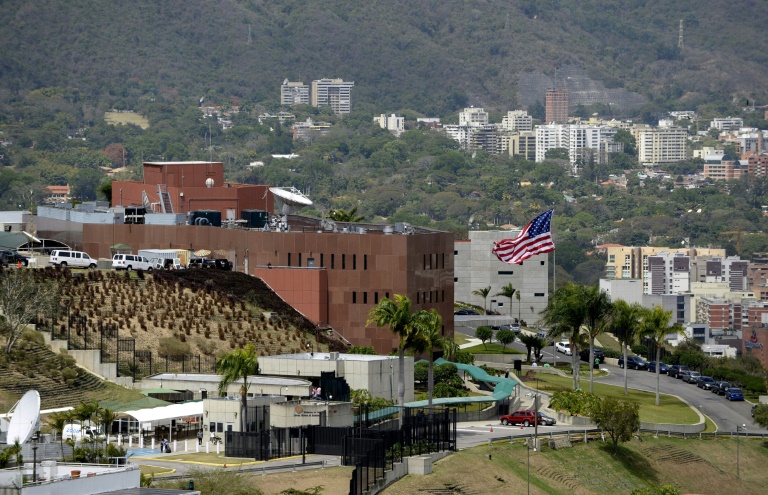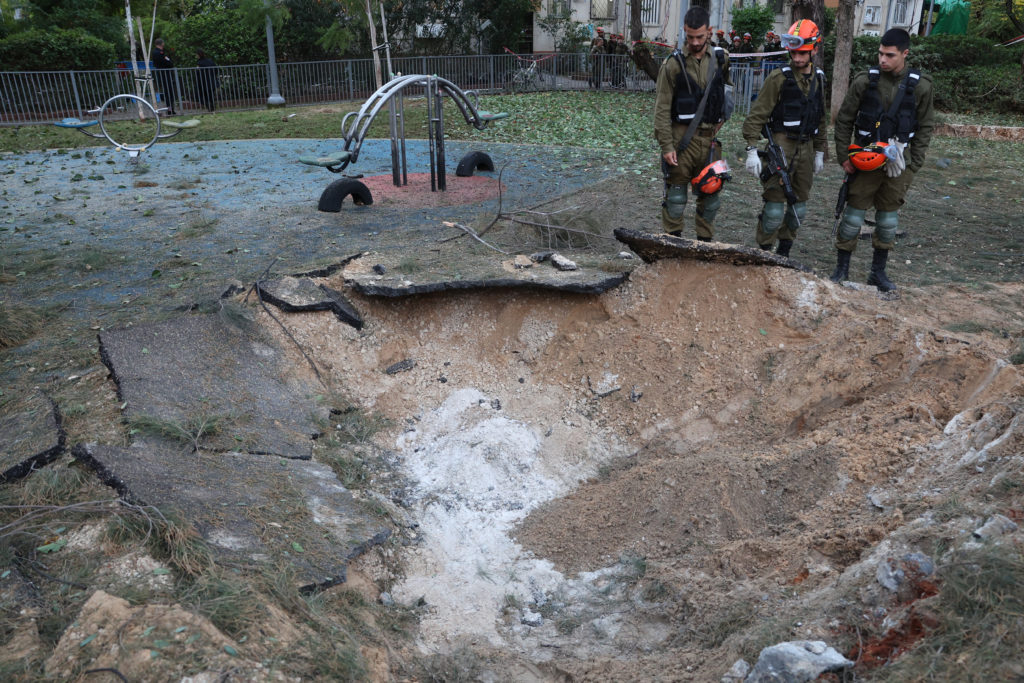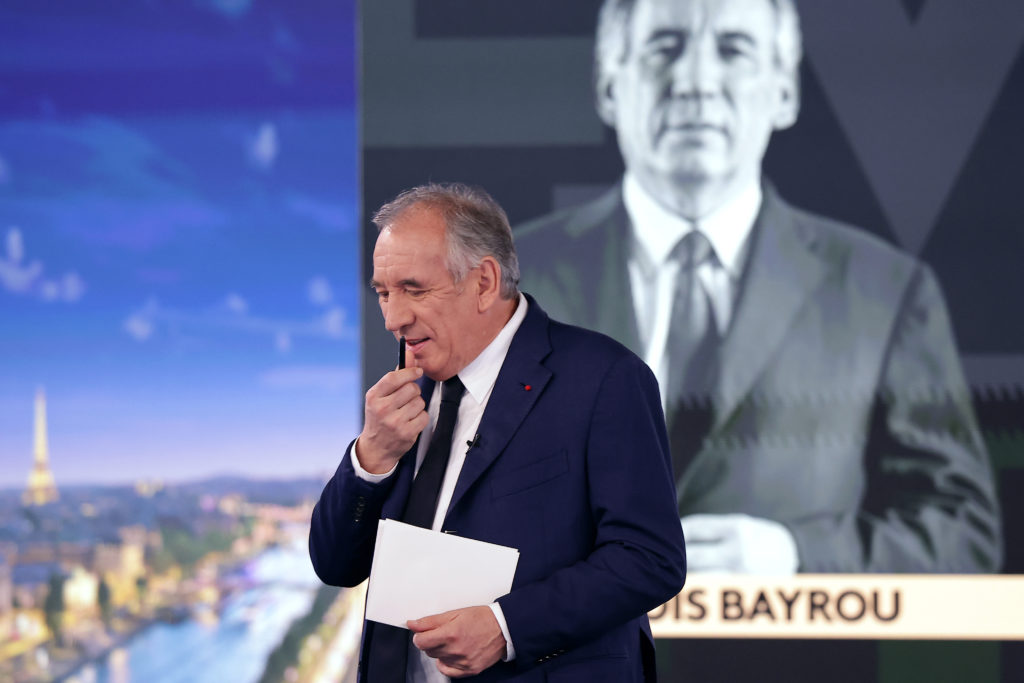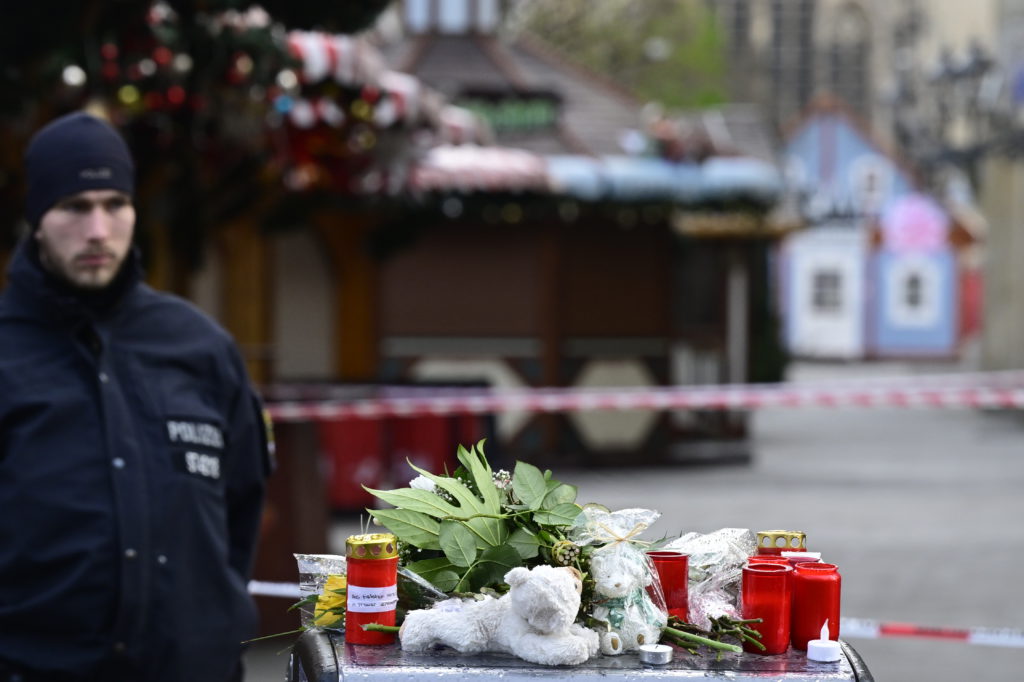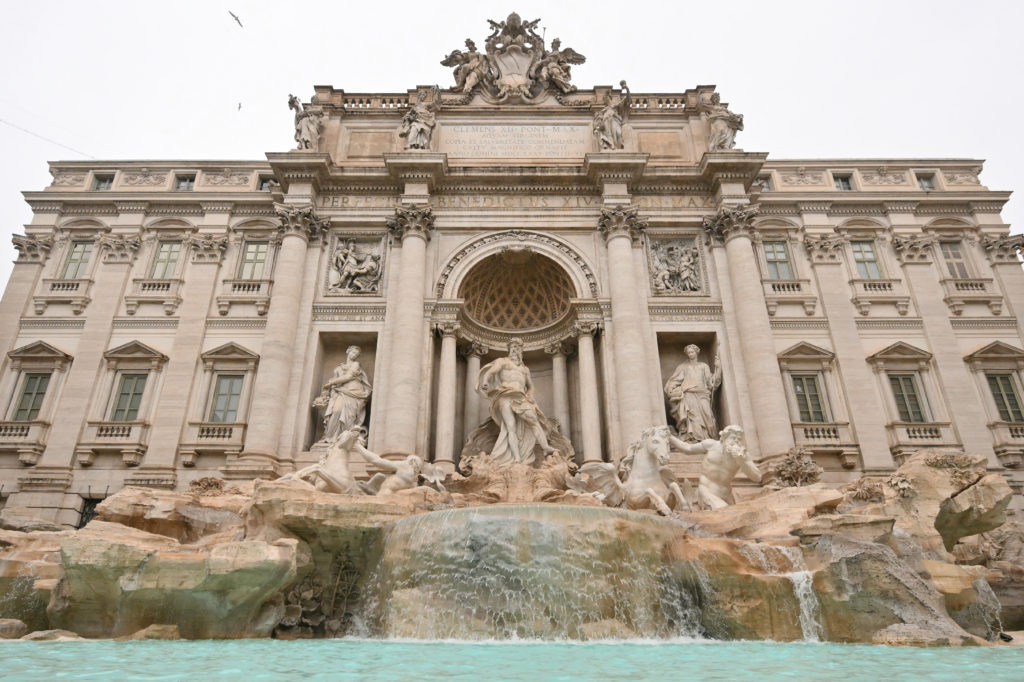The United States is easing some of its tough sanctions on Venezuela to encourage dialogue between President Nicolas Maduro’s regime and its opponents, a senior official said Tuesday.
“The United States is undertaking a number of measures at the request of the Venezuelan interim government and the Unity platform of opposition parties negotiating with the Venezuelan regime, to support their decision to return to the negotiating table in Mexico City,” the US official said.
One action permits US oil firm Chevron to negotiate with the state oil company PDVSA on the terms of any future activities in Venezuela, the official added.
Venezuela’s Vice-President Delcy Rodriguez said on Twitter that the decision “has authorized American and European oil companies to negotiate and restart operations in Venezuela.”
But she added that the South American country’s ultimate goal is for this move to “begin the path towards the complete lifting of these illegal sanctions that affect our entire population.”
The US official said another step to ease sanctions would be announced imminently.
After a political stalemate of three years that has seen economic and social conditions in Venezuela drastically deteriorate, Washington wants to encourage Maduro’s regime to negotiate with his opponents.
They include opposition parties and the “interim government” led by Juan Guaido, which has been recognized by nearly 60 countries, including the United States, as the legitimate government since 2019.
Despite international support, Guaido’s side has not been able to oust Maduro.
The US official, who spoke on condition of anonymity, said the easing of sanctions was underway at the request of the Guaido-led interim government and was directly tied to an agreement of both sides to return to talks.
“The United States supports a peaceful and negotiated outcome to the Venezuelan political and economic and humanitarian crisis,” the official said.
The two Venezuelan sides met to discuss “future plans” in the wake of the announcement later Tuesday.
The heads of both delegations — Jorge Rodriguez representing Maduro and head of the opposition team Gerardo Blyde — both tweeted a photo of them shaking hands accompanied by the same message: “In a working meeting for future plans. To revive the spirit of Mexico.”
– Tentative overture –
Venezuelan talks had been stalled since October, when the United States took into custody Colombian businessman Alex Saab, who was accused of laundering money for Maduro’s regime.
But in March two US officials visited Venezuela and shortly afterward Caracas released two detained Americans, raising hopes of a thaw in relations between the two sides and a resumption of domestic political talks.
The US official stressed that the easing of sanctions would not permit Chevron to actually reach an agreement with PDVSA or undertake work inside or on behalf of Venezuela, where the oil sector has been hampered by international sanctions.
“Very clearly, none of these alleviations of pressure would lead to an increase in revenue for the regime,” the official said.
“We are going to calibrate our sanctions policy accordingly to increase pressure or alleviate pressure on the basis of ambitious concrete and irreversible outcomes that empower the Venezuelan people to determine the future of their country through democratic elections,” the official added.
Democratic US Senator Bob Menendez, chairman of the Senate Foreign Relations Committee, strongly criticized the overture to Caracas.
“Giving Maduro a handful of undeserved handouts just so his regime will promise to sit down at a negotiating table is a strategy destined to fail,” Menendez said in a statement.
US concessions “ignore the cold, hard facts about the Maduro regime and its history of abusing negotiations to strengthen its political position,” he added.

